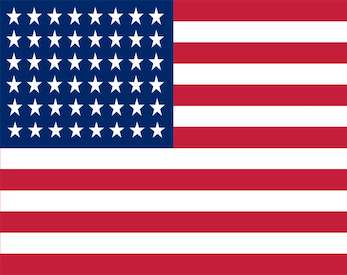
Writing American when it's not your first English dialect















Published on 31 August 2023 by Andrew Owen (3 minutes)
When I started out as a writer I used to use Oxford English. That’s the one with the (correct) -ize spellings. Although as a journalist I was told to avoid unnecessary punctuation and so I avoid the Oxford (serial) comma. But when I became a technical writer I found myself using American English in my day job. Eventually I got fed up with switching back and forth and settled on using American English exclusively. In this article I’ll use Colonial to refer to all non-American dialects of English.
Fellow colonials may find themselves in a similar situation. It’s not too hard to learn the vocabulary. Although I miss fortnight because is biweekly twice a week or every two weeks? The jump from Oxford to American spelling is shorter than for those of you coming from Cambridge (-ise endings). You’ll get used to it. But there are some traps to avoid:
The last one is something that all American schoolchildren know and colonials are mostly ignorant about. The distinction came into fashion in the 18th century in all dialects, but has only really taken hold in American. Merriam-Webster has this to say on the subject:
A restrictive clause is a part of a sentence that may not be removed without rendering that sentence incomplete, difficult to understand, or with its meaning substantially changed. “The essay that covers grammar is very boring” contains a restrictive clause (“that covers grammar”) that is important in making the sentence understood. “The essay that covers grammar, which I read while I was supposed to be working, is very boring,” contains the same restrictive clause, but also has a nonrestrictive clause (“which I read while I was supposed to be working”). This nonrestrictive clause adds information to the sentence, but it is not imperative to include it.”
But in technical writing it’s often easier to think of these as contracting and expanding clauses. Use that when you want to refer to a specific instance but use which for the generic. For example: “Upload the log file that you generated.” There is only one file, but: “Upload the log files which you generated.” There are an unknown number of files.
In summary, stick to French.